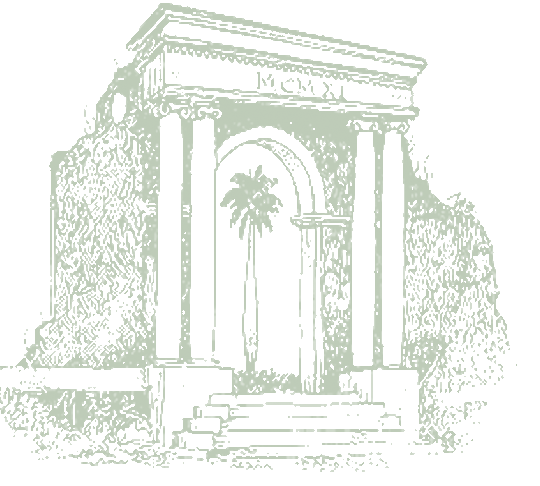|
Linguistics is concerned with the nature of language and communication. It deals both with the study of particular languages, and the search for general properties common to all languages or large groups of languages. It includes the following subareas:
Linguistics at UPRM:
Our program, as reflected in the MAEE, has a strong history in the area of applied linguistics. Many of our students have gone on to earn PhDs in top programs such as UT Austin and Penn State in the field of applied linguistics. Others have gone on to become public school teachers in Puerto Rico, while others have gone on to teach English in places such as Japan. Many of our faculty specialize in applied linguistics and are actively pursuing research in this area. We also have linguists that work in the area of syntax, morphology, phonetics, and phonology from a variety of perspectives. To learn more about what areas our faculty specialize in, and are interested in, visit the faculty listing site. Also, take a look at our student site to learn what some of our graduate students are working on. Careers in Linguistics: People with training in linguistics often go on to advanced study and specialization in the various sub fields. They then go onto work in academics as researchers and/or professors. Some of these academics do experimental work, some travel to collect data on less familiar languages, some work in their community to study the role language plays in identity, among many other research and teaching paths. However, many others with a BA, MA, or PhD choose to work in industry for technology companies such as Microsoft, Google, Yahoo, among many others. Some go on to work for consulting firms, advertising companies, language education companies, the government, among other areas. Others use their knowledge to become translators, editors, technical writers, speech pathologists, teachers, to earn law degrees or become forensic linguists. Several linguists have made careers in the film industry using their linguistics knowledge to help actors learn certain accents as well as to develop such languages as Klingon for the Star Trek series. One of the growing areas that attracts many linguists is the area of speech recognition and speech technology. In short, there a great number of fields where linguistic knowledge is needed. An advantage to our program, and our students, is the bilingual environment in which we are situated. Bilingual speakers with linguistics training have significant advantages in the job market, in research areas, and in educational settings. To have a look at some of the jobs available visit the Linguist List jobs index. You'll find jobs in academics in the various subfields, and some jobs in industry as well. http://www.linguistlist.org/jobs/index.html. For information about teaching English and a list of jobs around the world visit Dave's ESL Cafe at http://www.eslcafe.com/. Also, try a web search for major corporations such as Microsoft, Google, AT & T, among others. Go to their job postings and search for "linguistics" or "linguist" to see what types of positions they have, you'll be surprised. Online Resources in Linguistics:
|
HomeAboutMission and GoalsNewsEventsCalendar CoursesUndergraduate ProgramAbout the Undergraduate ProgramLinguistics TrackLiterature TrackTeacher CertificationFilm CertificateEDSAUndergraduate DocumentsINTD 4995 Dept. Meetings / Sectors / CommitteesAbout the Dept. Meetings / Sectors / CommitteesESL SectorL/AL SectorLiterature SectorGRE Subject TestWriting and Communication SectorCurriculum CommitteeGraduate CommitteeGrievance CommitteeOrientation CommitteePersonnel CommitteeFiscal Emergency Ad Hoc CommitteeMA Literature Ad Hoc CommitteeMA TESOL Ad Hoc Committee Course Coordination0066 - Pre Basic3101/02 - Basic (Year 1)3201/02 - Basic (Year 2)3103/04 - Intermediate3211/12 - Advanced Graduate ProgramAbout the Graduate ProgramGraduate HandbookGraduate Student FormsRUMEGAMAEE Alums |
English
|


